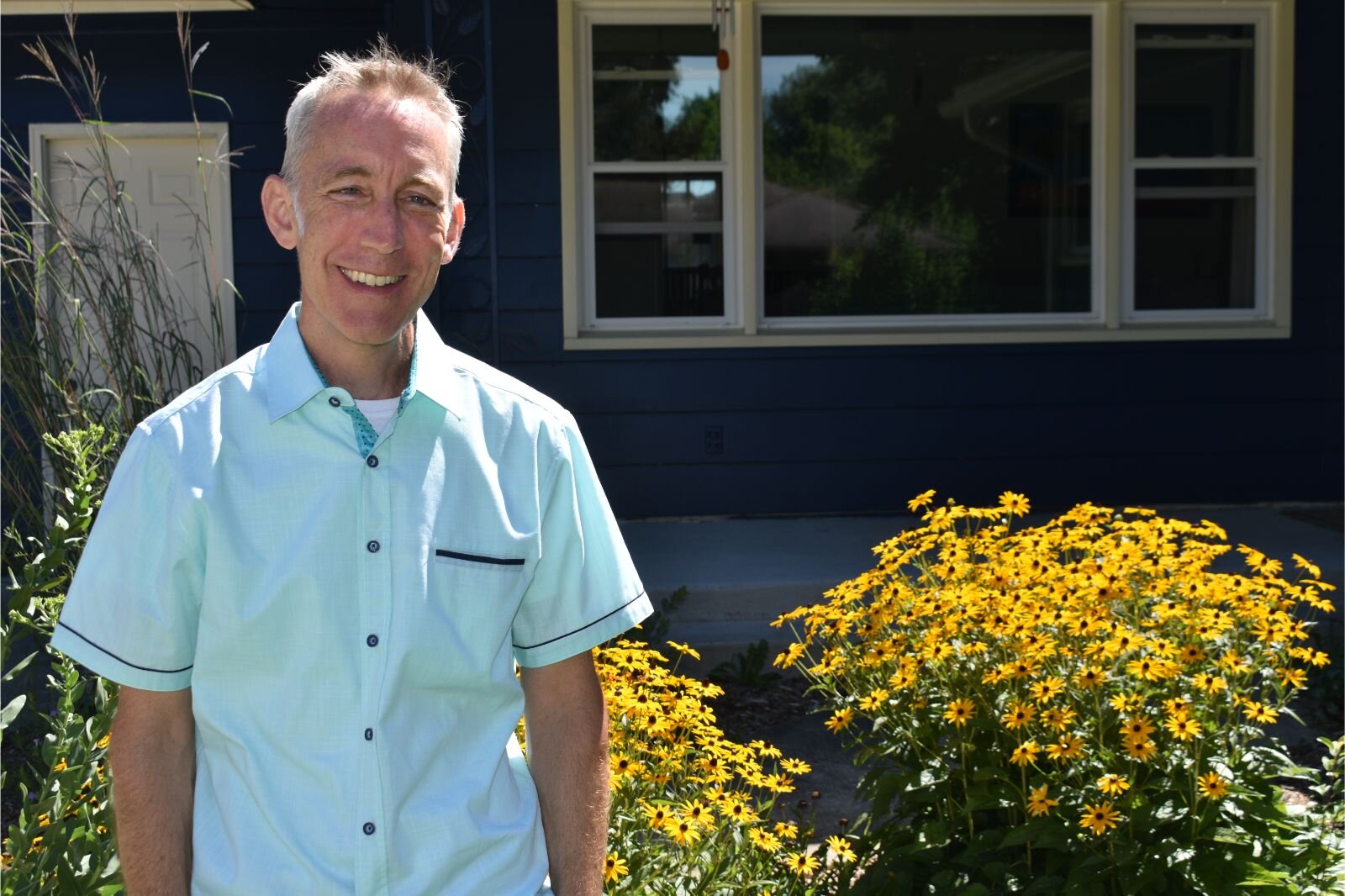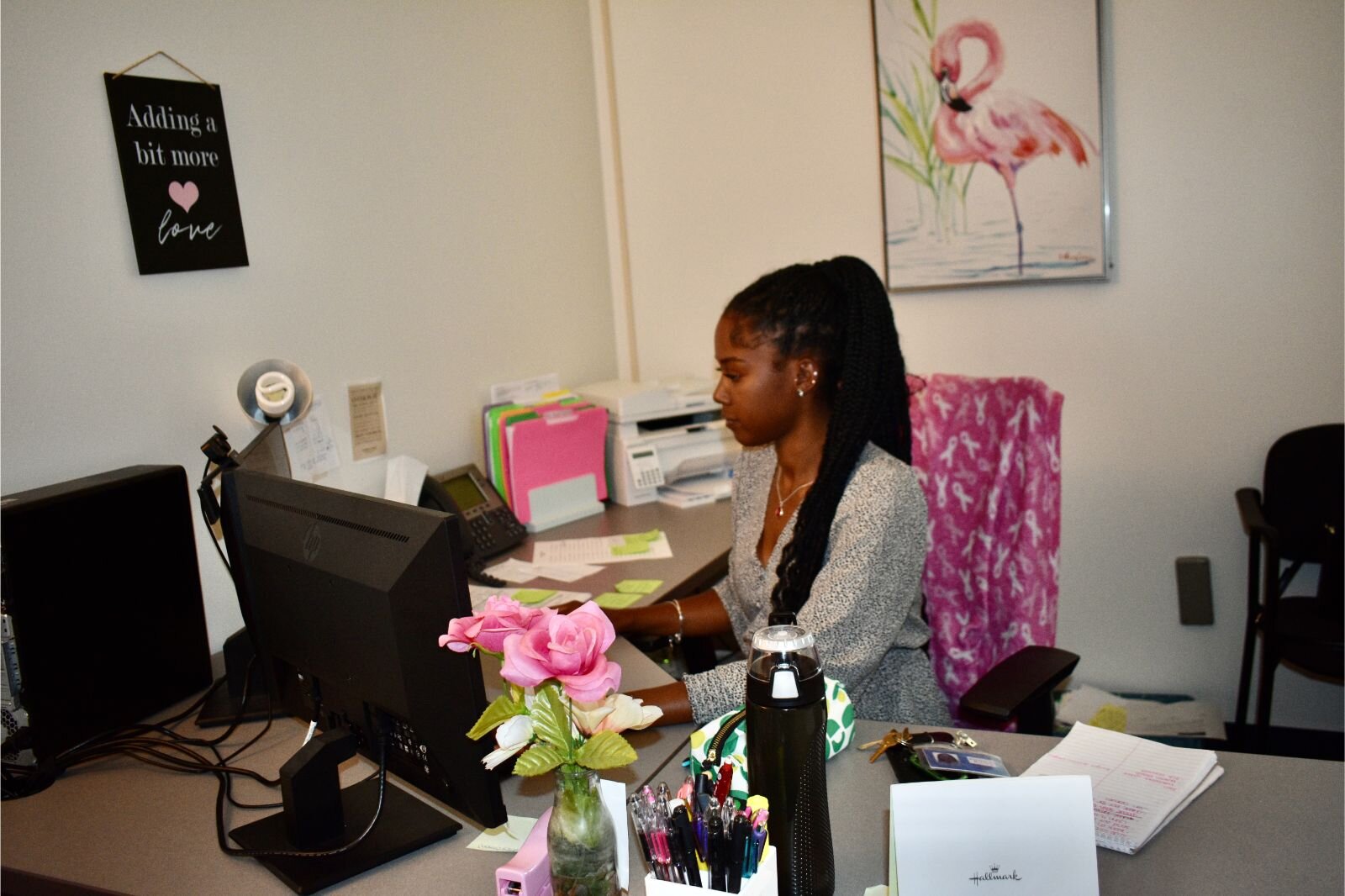Wellness for educators: Take baby steps but take them forward
While K-12 teachers and administrators are considered to be essential workers—and perhaps never more so than during the COVID-19 pandemic—research shows that the well-being of these people has been on the decline.
We call them heroes. We call them rock stars.
But when it comes to meeting the emotional and social needs of educators, have school districts been paying enough attention to teachers.
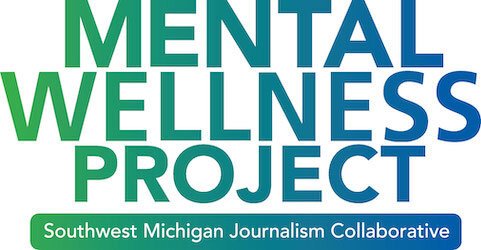
“The COVID-19 pandemic and emergency remote teaching took a tremendous toll on students and educators,” said Kristen DeBruler, PhD, assistant director at Michigan Virtual University, a nonprofit that supports K-12 families and educators. “During this time, there was a lot of conversation about student mental health and how to best support students, not only academically but socially and emotionally as well. There was some conversation about educators, but it didn’t really tune into their social and emotional needs.”
In fact, a Michigan Virtual survey of 278 educators across the state in spring 2021 found “alarming rates of burnout and frustration,” with 84% of respondents indicating they felt burned out from work in the past month.
Nearly three-quarters of administrators and two-thirds of teachers felt that “all the things they had to do were piling up so high they could not overcome them,” more than 60% of respondents said they were “feeling down, depressed or hopeless”; and nearly two-thirds “felt worried work had disconnected them emotionally.”
“We wanted to explore the experiences of educators during this time and understand how they and their districts tried to, if at all, address their social and emotional needs,” DeBruler said. “Our study didn’t necessarily measure the effectiveness of specific social and emotional wellbeing supports. Instead, we wanted to understand what was happening in schools and districts.”
While K-12 teachers and administrators are considered to be essential workers—and perhaps never more so than during the COVID-19 pandemic—research shows that the well-being of these people has been on the decline.
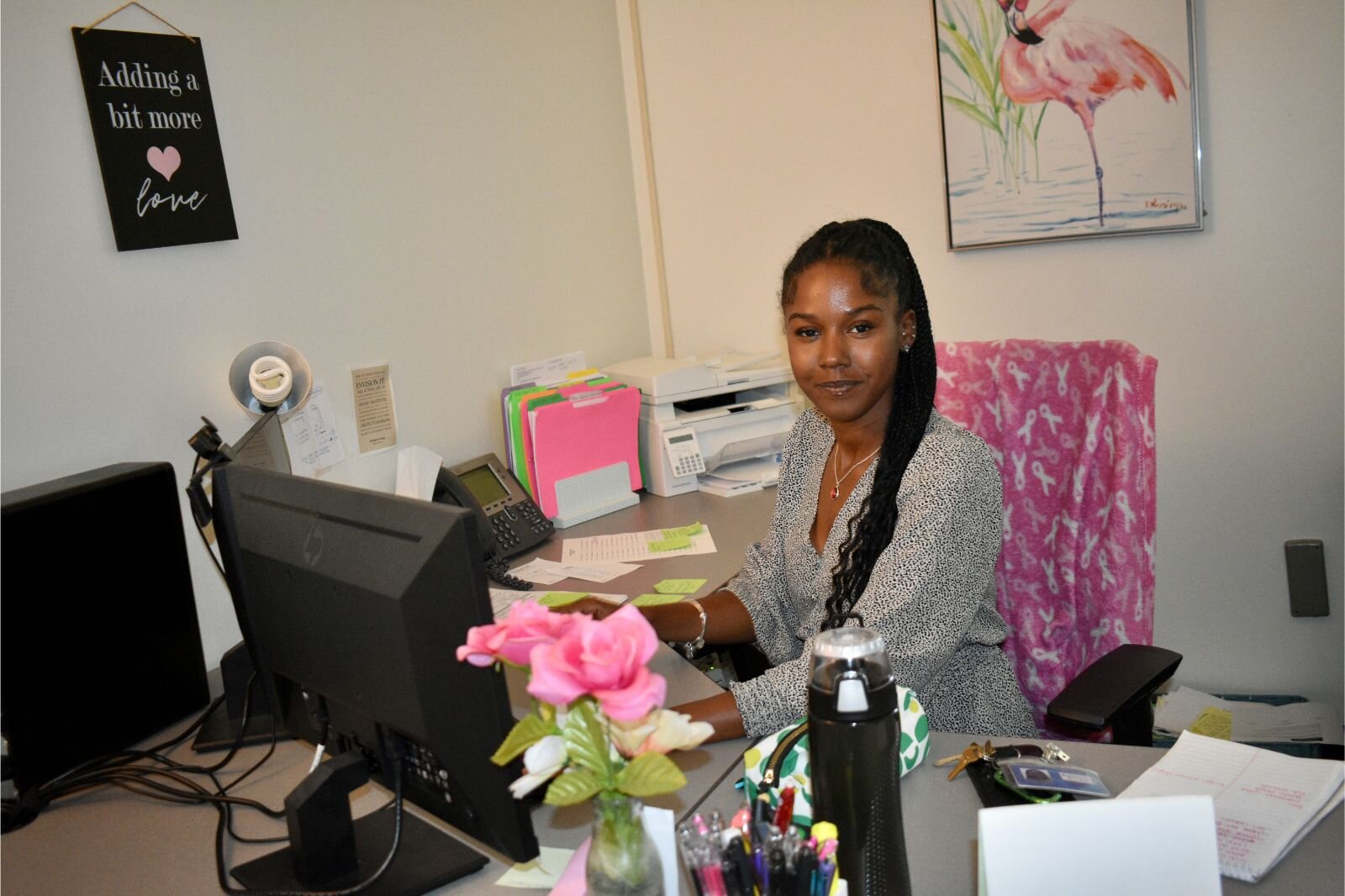
“In hearing from educators and looking at national and state-level data within Michigan around teacher shortages, it seems that this issue of teacher burnout was not created by the pandemic but rather exacerbated by it,” DeBruler said. “This issue also seems ongoing with burnout remaining high after returning to in-person instruction.”
“Most of the educators in our survey did indicate that their school offered some sort of additional social and emotional support,” DeBruler said. “Only 25% indicated that no additional support was offered during that time. That being said, the type of support varied greatly, and educators perceived some supports, such as extra planning time and decreased responsibilities, as more helpful than others.”
When educators do not have an opportunity to work on their wellness and self-care needs, they may end up with compassion fatigue, says Lauren Kazee, a consultant who worked on the Michigan Virtual survey.
“What happened to students during the pandemic happened to teachers, too,” said Ethan Alexander, culture and climate consultant at the Kalamazoo Regional Educational Service Agency, or KRESA. “We cover nine school districts in Kalamazoo County, providing a continuum of educational services and support to educators, students, their families and their communities. We soon became acutely aware of how stressful the pandemic was for students and their teachers. The isolation especially impacted the social skills of students, while teachers were suddenly challenged for increasingly complex jobs. And when students weren’t succeeding, teachers felt responsible.”
In a USA Today/IPSOS poll taken in May 2020, one in five teachers were unlikely to return to the classroom in the coming school year. Teachers cited feeling disconnected from their students, feeling overwhelmed by the challenges of virtual and hybrid teaching (a combination of virtual and in-person teaching), fear of COVID-19 infection, among other concerns. Other frequently cited reasons included feeling overworked and underpaid.
“We wanted the teachers in Kalamazoo County to feel appreciated,” Alexander said. “KRESA wrote a grant to the Kalamazoo Community Foundation for the 2021-2022 school year, and with that, we were able to create 50 Teacher Resilience Boxes. We sent these out to our nine school districts and had them choose recipients, whether teachers or administrators or school staff that have gone above and beyond during such a difficult time.”
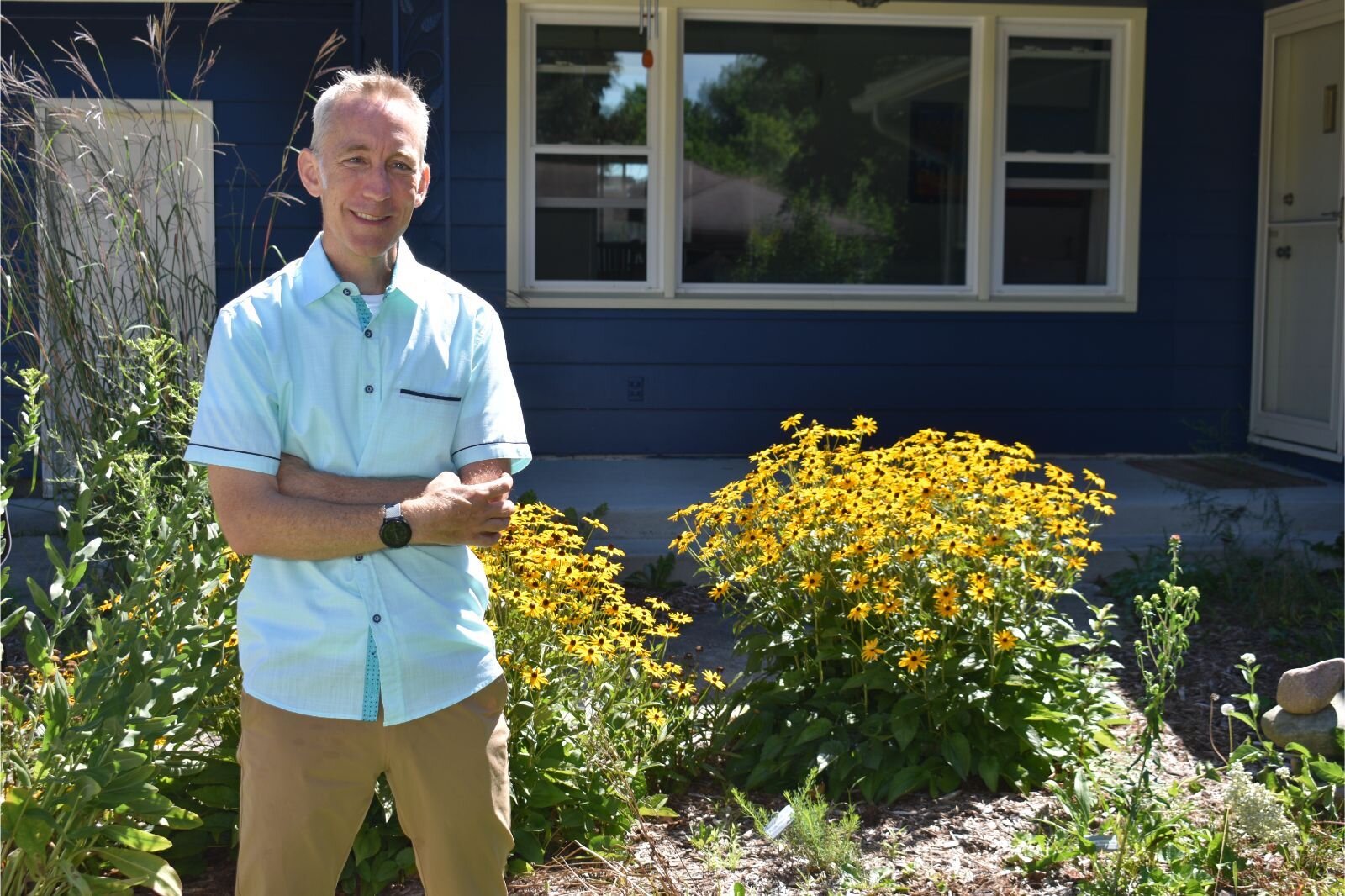
The boxes contained gift cards for groceries and gas, wellness cards with strategies for handling stress, essential oils, chocolate, stress balls, “worry stones” with encouraging words on them, and other items.
“Feedback was great,” Alexander smiled. “They loved the boxes. But we also offered training sessions on self-care and resilience—what does self-care look like, feel like, how do we practice it? Some of that was funded by the Stryker-Johnson Foundation.”
Other organizations and foundations also stepped up, such as the Kalamazoo Youth Development Network and HelpNet, helping educators with training programs and counseling sessions. Educators involved in this type of training reported lower burnout, frustration, and compassion fatigue rates.
“HelpNet has provided educators and their family members with five free counseling sessions,” said Treasure Wilder, human resources generalist at KRESA. “We are trying to make it as convenient as possible for teachers to get the help they need—legal and financial resources, educational resources, whatever they need. We have also brought in success coaches to help teachers with various life challenges—that’s something we have just started and the initial feedback is good.”
Another new program at KRESA schools is called the Small Changes Program, a five-month program that provides challenging activities.
“We send out two challenges per month,” Wilder said. “A teacher is to choose one. They fill out a form on steps taken and that gives them a sense of accountability. Then we also have an employee advisory council where educators can bring their concerns and be heard.”
“We are here to support our staff,” Alexander added. “Even so, when surveyed, our teachers still say—it’s not enough. Our feedback so far is anecdotal as many of these programs are new, but we recognize the need for teacher perception data, and we are beginning to gather those tools. If there is a positive aspect of the pandemic, it is that it has shone a light on the work that we need to do.”
The Michigan Department of Education also posts tools and resources for self-care on their site. These include tools for self-assessment, self-care during COVID-19, how to create a community for teacher wellness, how to help students adjust to a return to the classroom, and much more—even a virtual calming room.
With these suggestions for self-care, however, comes a warning. In DeBruler’s survey of educators, she found that self-care efforts should not be forced on educators as it can feel like one more thing to do to their already overwhelming to-do lists.
Show concern, but don’t force it, she said.
Kazee shares advice that she offers in training sessions across the state of Michigan: “Start where you are. Use what you have. Do what you can. It’s OK to take baby steps forward as long as you are moving forward. We didn’t get to this place of feeling overwhelmed and burned out overnight. Unfortunately, things won’t change overnight, but small steps can be taken to move forward and eventually get to where we want to be.”
The Kalamazoo Regional Educational Service Agency is committed to providing a wide variety of quality, educational support services and programs across Kalamazoo County and around the state. These programs bring unique educational opportunities such as Career & Technical Education, Education for the Arts and Head Start to our local communities. Our programs provide job training for students and adults, professional learning, special education, bus driver safety training, technology services and support, administrative services, leadership training, professional printing services and more in a cooperative and cost-effective manner.
SELF-CARE RECOMMENDATIONS
Department of Education recommendations for self-care lists these suggestions:
• Recognize and Validate Emotions
• Stay in the Present
• Separate Out What You Can and Cannot Control
• Notice and Manage Your Worried Thoughts
• Pay Attention to Joy
• Balance Structure and Flexibility
• Get Active
• Stay Connected
This story is part of the Mental Wellness Project, a solutions-oriented journalism initiative covering mental health issues in southwest Michigan, created by the Southwest Michigan Journalism Collaborative. SWMJC is a group of 13 regional organizations dedicated to strengthening local journalism. For more info visit swmichjournalism.com.

